One battle cry that has resonated with many workers in recent years is the desire for
them to retain control over whether they stay or leave a particular position.
Does this sound familiar? If you’re aiming to enter the remote work sector, particularly
after a career break or switching from another industry, you may undervalue your
contributions.
Good news! The reality is that many of your existing skills are not only transferable
but also highly sought after.
The primary focus is on recognizing, framing, and presenting your skills to prospective
employers. Whatever your background and whatever work you performed, you sold
your skills once before. You possess those original skills and have gained even more.
You have skills to sell.
Here are five ways to evaluate your skills and present them with confidence:
- Start with a Skills Inventory
Before applying for any job, assess what you already excel at. Make a list of your soft
skills (like communication, time management, or adaptability) and hard skills (such as
CRM software, data entry, or scheduling). Remote roles often rely on clear
communication, digital literacy, and the ability to work independently—skills you may
already practice daily without even realizing it. - Compare Job Descriptions with Your Experience
Review remote job listings in your preferred industry and highlight keywords. Then,
compare them to your background, even if it’s in a different field. Did you lead a team?
Manage client relationships? Organize a schedule? Align their needs with your
accomplishments using language they understand. - Ask Yourself: What Problem Did I Solve?
Employers care about outcomes. Consider times when you improved a process,
resolved a customer complaint, or helped someone succeed. Transform those into brief
stories using the STAR method (Situation, Task, Action, Result).
Results make your past work sound relevant, even if the job titles don’t match. - Get Feedback From Others
Sometimes, we overlook our strengths. Ask a former coworker, friend, or mentor what
they think your best skills are. You might be surprised at how others recognize what you
bring to the table. Their perspective can help you create stronger resumes and elevator
pitches. - Practice Telling Your Story
Transferable skills shine when shared confidently. Write a brief career story that
showcases your skills in action. Practice saying it out loud or include it in your LinkedIn
summary. This helps potential employers see how you’ll contribute—even if you’re new
to remote work.
Final Word:
The skills you have mastered can lead you to the ideal remote job. When you believe
your skill set is valuable and relevant, you’re already halfway there.

